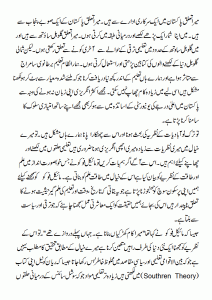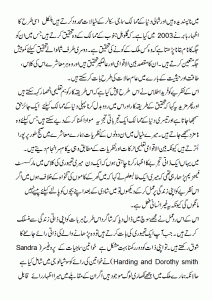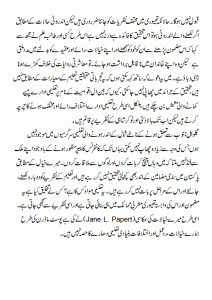by Paulina Trejo Mendez
I googled the word crisis looking for a definition, here are the first three that appeared.
The first one: a time of intense difficulty or danger.
The second one: a time when an important decision must be made.
The third one: The turning point of a disease when an important change takes place, indicating either recovery or death.
I write this from the comfort of my own home, in a world that tries to overcome a health crisis to go back… outside, to visit friends, family and be able to connect with others, to grieve collectively, to feel a hug. I write from the safety of my home, a privilege I enjoy because I could stay inside, and quarantine, not everyone was able to do that where I come from, in Mexico. Their realities would not allow it, and even when some can stay at home, home is not a safe place to be in for everyone. Violence can be deadly for women and girls confined with their abusers.
Continue reading “[COVID-19 Pandemic: Worlds Stories from the Margins] Our Bodies are not Machines: From Crisis to Collective Healing”



